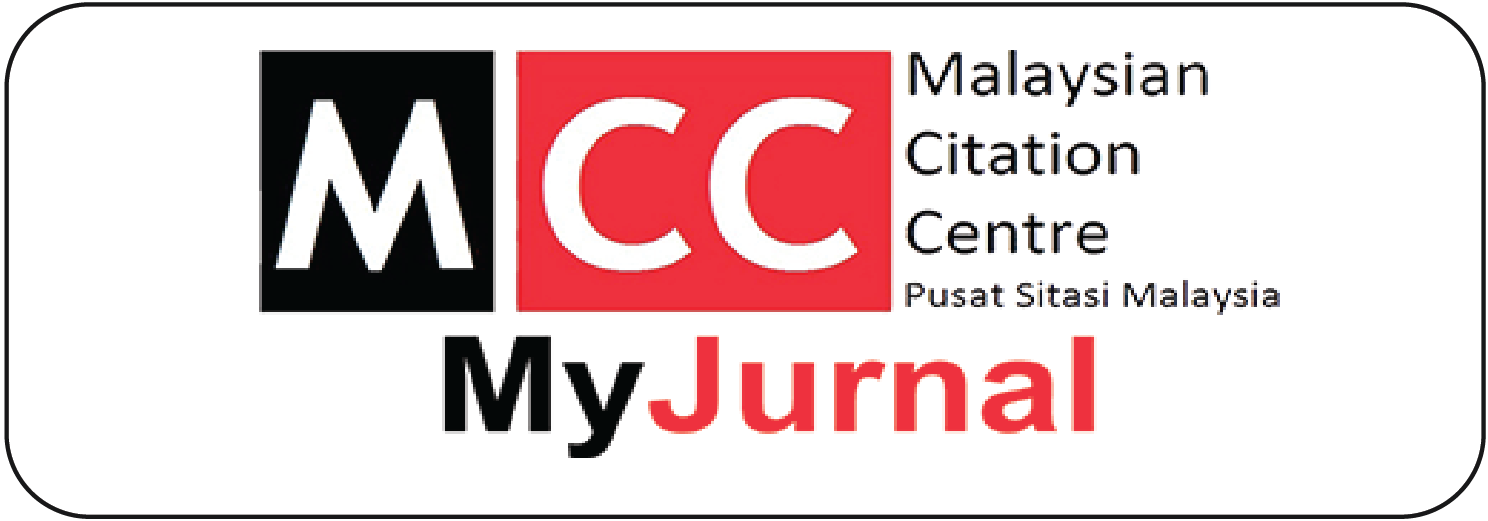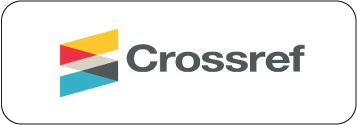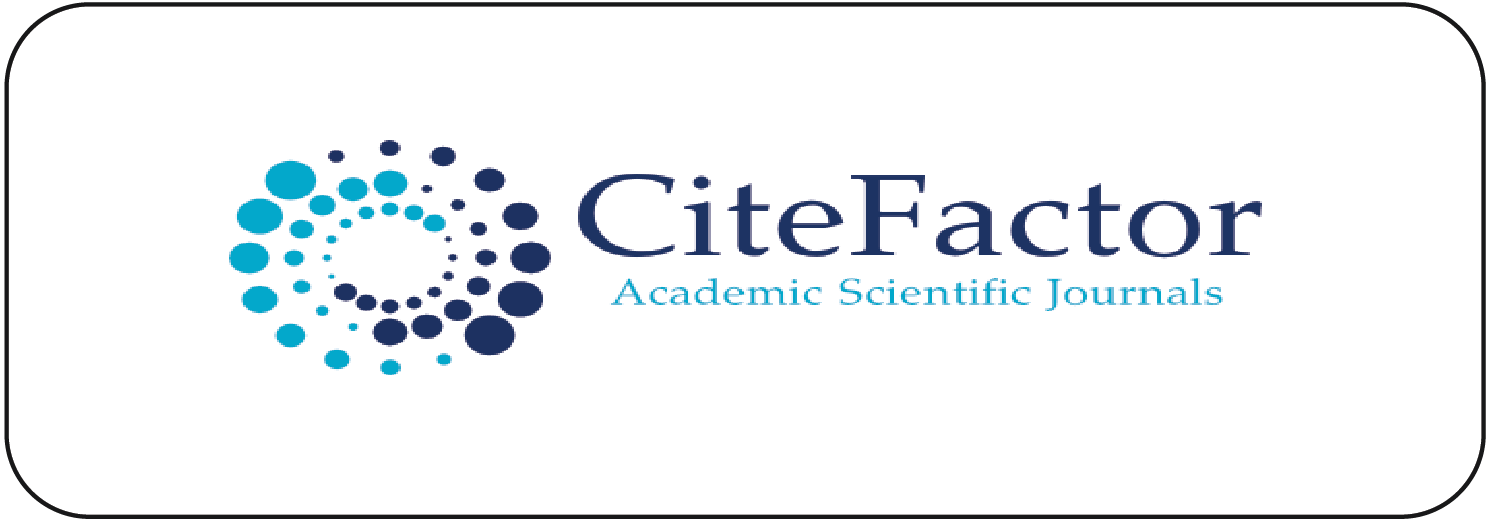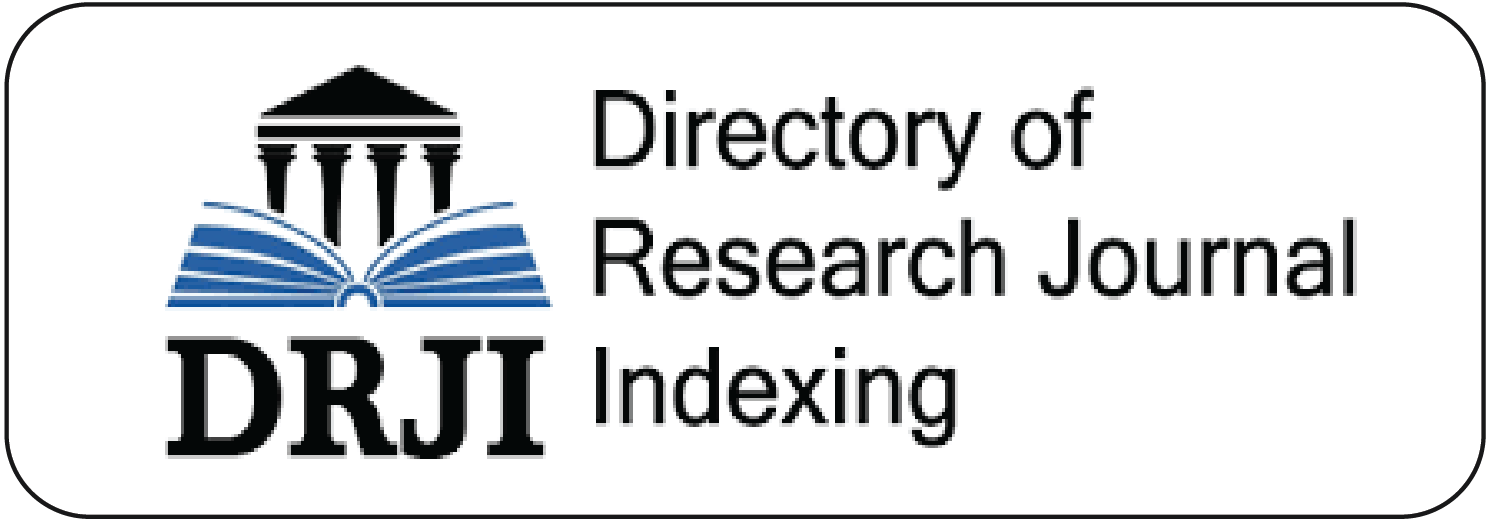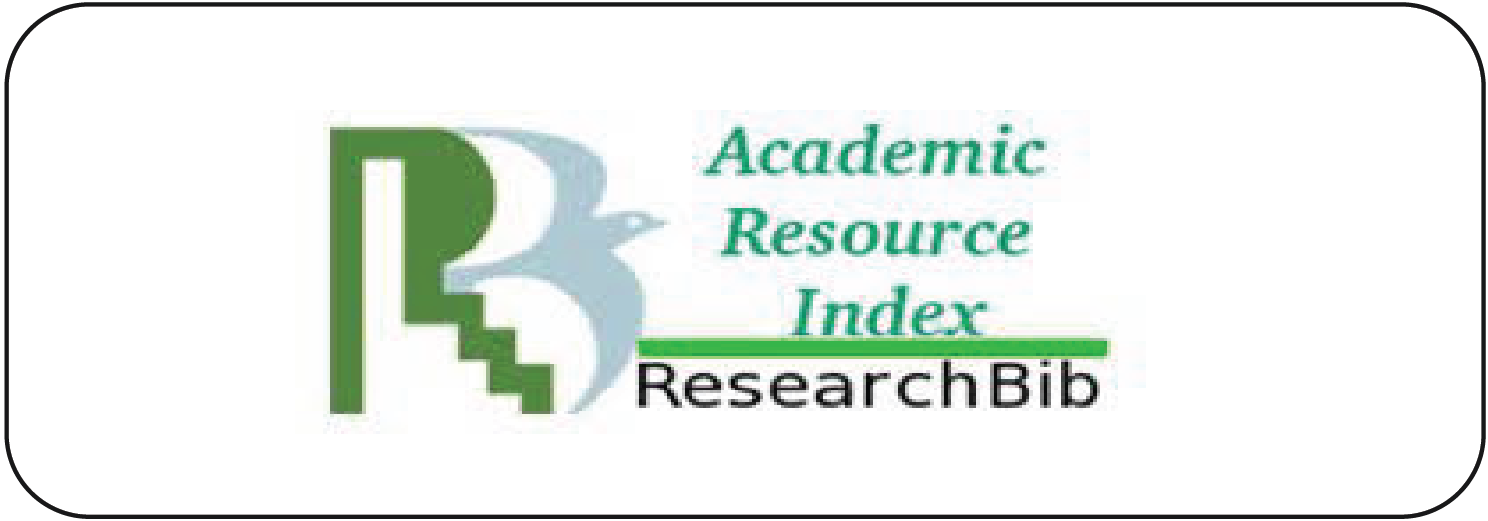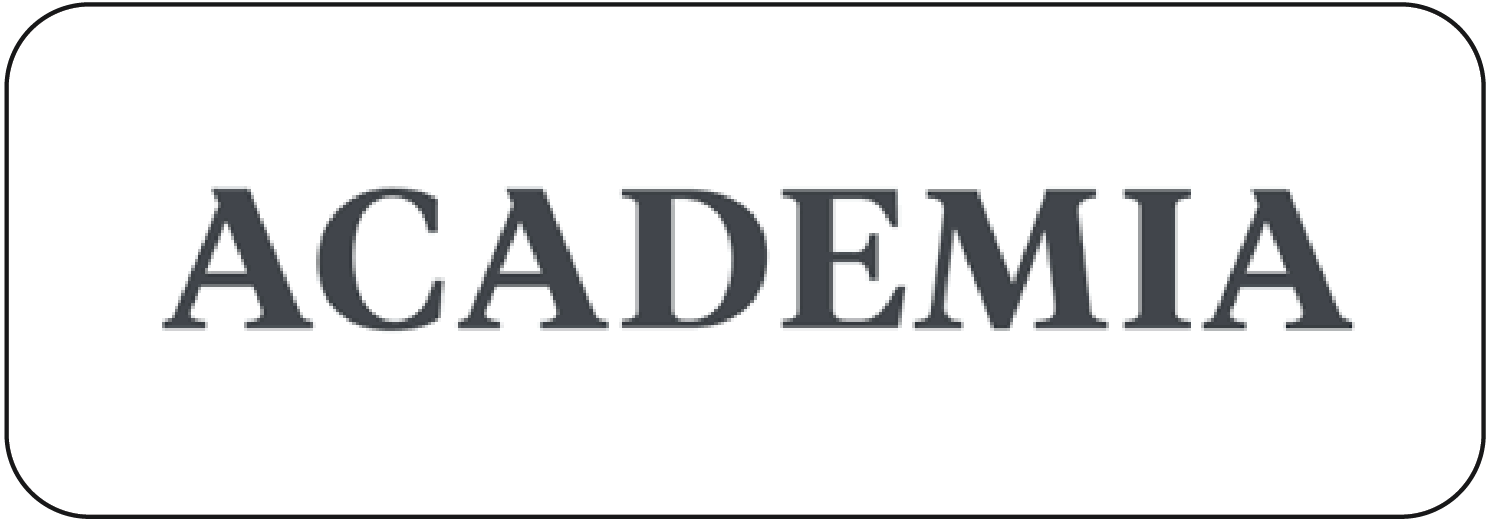Influence of Faith, Knowledge, and Income on The Amount of Zakat Paid by Muzakki in District / City, Jambi Province
DOI:
https://doi.org/10.51377/azjaf.vol5no2.195Keywords:
Muzzaqi, Zakat Fitrah, Zakat Maal, JambiAbstract
In human activities and behaviors, including economic activities and behaviors, Islam is guided by three main principles: faith (aqidah), Islamic law (syariah), and ethics (akhlak). This study aims to analyze the behavior of muzakki in fulfilling their obligation to pay zakat, both zakat fitrah and zakat maal. The research sample consists of muzakki who have fulfilled their obligation to pay zakat. Of the 150 muzakki studied, 100% have paid zakat fitrah, but only 62 individuals (41.33%) have paid zakat maal. The primary place for paying zakat (78%) is at Amil Zakat in mosques or musholah, while 14% pay at BAZNAS, and only 8% at Zakat Collection Units or Zakat Management Institutions. The average income of the muzakki is IDR 6,279,600.45 per month. The zakat fitrah paid in cash in 2019 averaged IDR 36,411.25 per person, and in 2020 averaged IDR 40,931.50. Zakat fitrah paid in the form of rice in 2019 averaged 2.25 kg per person, and in 2020 averaged 2.56 kg per person. The amount of zakat maal paid by muzakki in 2019 averaged IDR 2,768,405.19, and in 2020 averaged IDR 2,310,547.43, representing a decrease of 16.54% compared to the zakat maal in 2019. Based on x2 testing, the amount of zakat maal paid by muzakki is significantly related to their level of faith and income but is not significantly related to their knowledge about zakat.
Downloads
Downloads
Published
How to Cite
Issue
Section
License
Copyright (c) 2024 Amri Amir, Syahmardi Yacob, Siti Hodijah, Ary Dean Amri, Rudziah Mohd Darus, Zharfan Muhammad

This work is licensed under a Creative Commons Attribution-NonCommercial-NoDerivatives 4.0 International License.








